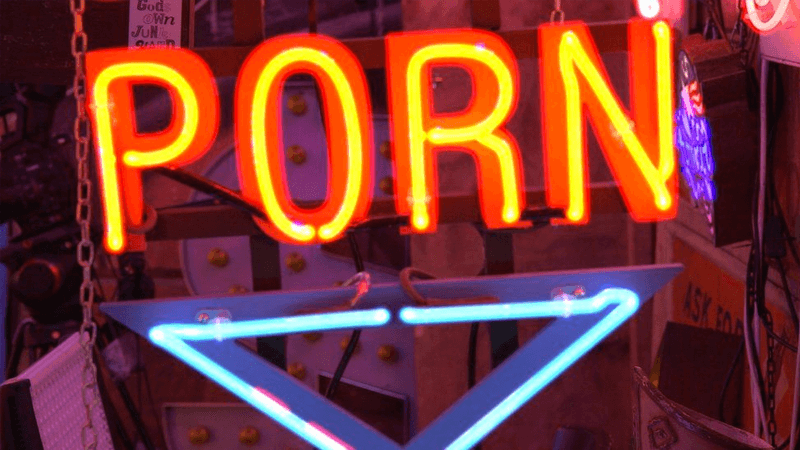New powers to block pornographic websites which fail to verify the age of their users have been criticised by a UN official.
David Kaye, UN Special Rapporteur on the Promotion and Protection of the Right to Freedom of Opinion and Expression, said it “unduly interferes with rights of freedom of expression and privacy”.
In November, the Government announced its plans to give The British Board of Film Classification (BBFC) new measures to restrict sites in the UK and overseas.
‘Concerned’
At present, the BBFC can send warning letters to websites and withdraw payment services if they refuse to comply, but it cannot block access to the sites.
The Digital Economy Bill is currently at Committee Stage in the House of Lords and will give the BBFC the authority to block sites “regardless of where they are based”.
Kaye criticised the Government’s plans saying he was concerned that adult users’ information could be hacked and used for blackmail and fraud.
“While I am cognisant of the need to protect children against harmful content, I am concerned that the provisions under the Bill are not an effective way for achieving this as they fall short of the standards of international human rights law”, he said.
‘Robust system’
His comments were dismissed by Claire Perry MP, who played a key role in securing the changes to the Digital Economy Bill.
She said: “This sort of emotive language really clouds the issue and distracts from an important principle. The Bill is quite clear that what is needed is a robust system to ensure under-18s are not permitted to see material online that they would not have access to in the offline world.
“The analogy they use is like saying stopping children from going to see an 18 film infringes on the rights of adults to go to the cinema – I don’t think it holds much water.”
John Carr, Secretary of the Children’s Charities’ Coalition for Internet Safety, said Kaye was “talking rubbish”. He added: “It’s clear he hasn’t read what is actually being done”.

